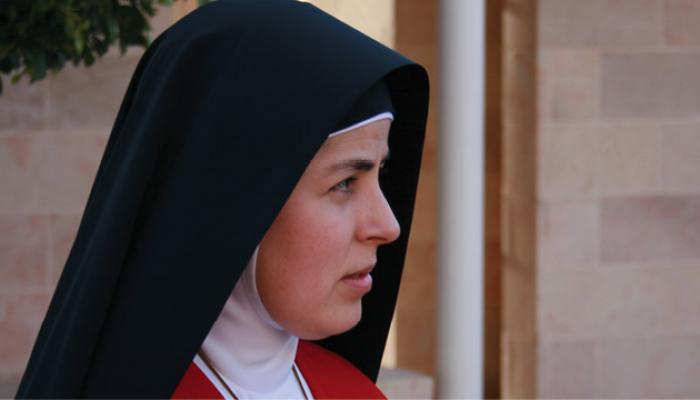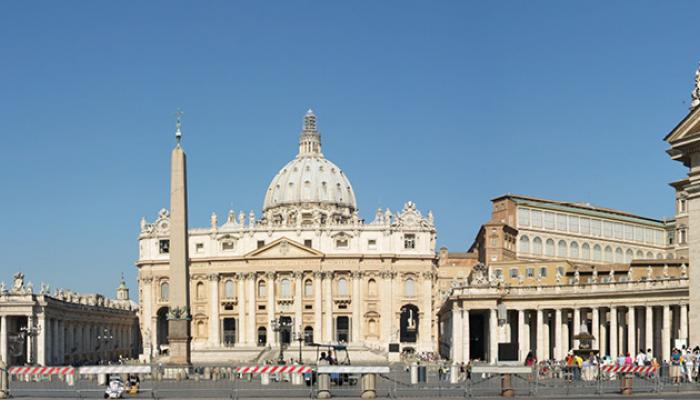
2.5 What is the Roman Curia?
In theory, the pope is an absolute monarch who governs the Church, but in practice he is assisted by various “ministries” which together form the Roman Curia. The Secretariat of State handles internal (ecclesiastical) affairs and external relations. The congregations and pontifical councils are responsible for such matters as canonisations and beatifications, Catholic education, bishops, and laity.
One of the three Tribunals is the Roman Rota, the Church’s central court of law. The Secretariat for the Economy manages the economic activities of the Holy See and Vatican City State. The ultimate aim of all these organisations is to help the Church to explain and proclaim the Gospel and to assist the believers.
Why did Christ institute an ecclesiastical hierarchy?
Christ instituted an ecclesiastical hierarchy with the mission of feeding the people of God in his name and for this purpose gave it authority. The hierarchy is formed of sacred ministers,; bishops, priests, and deacons. Thanks to the sacrament of Orders, bishops and priests act in the exercise of their ministry in the name and person of Christ the Head. Deacons minister to the people of God in the diakonia (service) of word, liturgy, and charity. [CCCC 179]
How is the collegial dimension of Church ministry carried out?
After the example of the twelve Apostles who were chosen and sent out together by Christ, the unity of the Church’s hierarchy is at the service of the communion of all the faithful. Every bishop exercises his ministry as a member of the episcopal college in communion with the pope and shares with him in the care of the universal Church. Priests exercise their ministry in the presbyterate of the local Church in communion with their own bishop and under his direction. [CCCC 180]
Why does ecclesial ministry also have a personal character?
Ecclesial ministry also has a personal character in as much as each minister, in virtue of the sacrament of Holy Orders, is responsible before Christ who called him personally and conferred on him his mission. [CCCC 181]
Why is the Church not a democratic organization?
Democracy operates on the principle that all power comes from the people. In the Church, however, all power comes from Christ. That is why the Church has a hierarchical structure. At the same time, however, Christ gave her a collegial structure as well.
The hierarchical element in the Church consists in the fact that Christ himself is the one who acts in the Church when ordained ministers, by God’s grace, do or give something that they could not do or give by themselves, in other words, when they administer the sacraments in Christ’s place and teach with his authority. The collegial element in the Church consists in the fact that Christ entrusted the entire faith to a group of twelve apostles, whose successors govern the Church, with the pope, the Petrine ministry presiding. Given this collegial approach, councils are an indispensable part of the Church. Yet even in other administrative bodies of the Church, in synods and councils, the manifold gifts of the spirit and the universality of the Church throughout the world can be fruitful. [Youcat 140]
[These are] two hallmarks of the curial official, and even more of curial superiors, which I would like to emphasize: professionalism and service. Professionalism, by which I mean competence, study, keeping abreast of things… The second hallmark is service: service to the pope and to the bishops, to the universal Church and to the particular Churches. In the Roman Curia, one learns – in a special way, “one breathes in” – this twofold aspect of the Church, this interplay of the universal and the particular. [Pope Francis, To the Roman Curia, 21 Dec. 2013]





